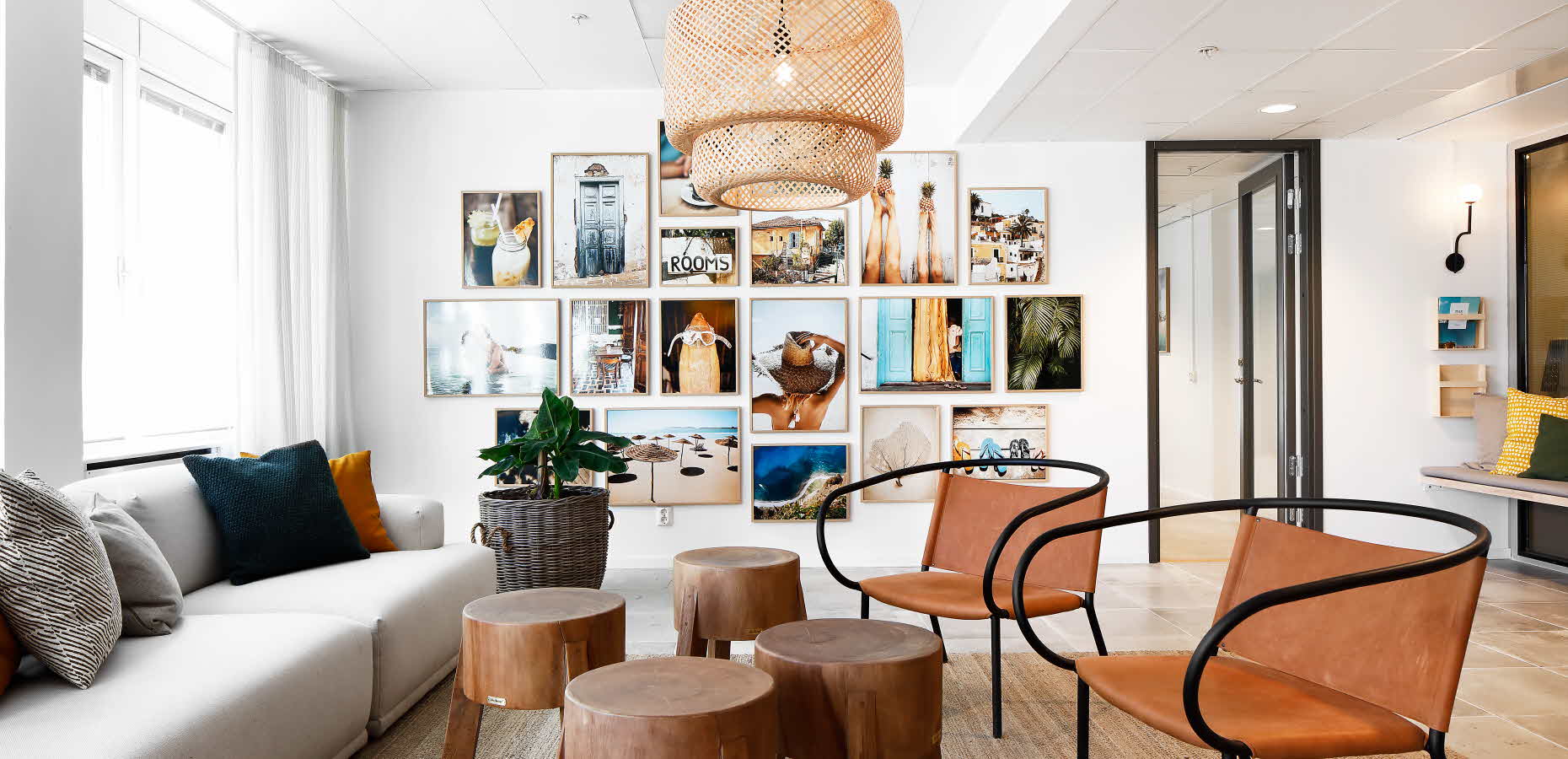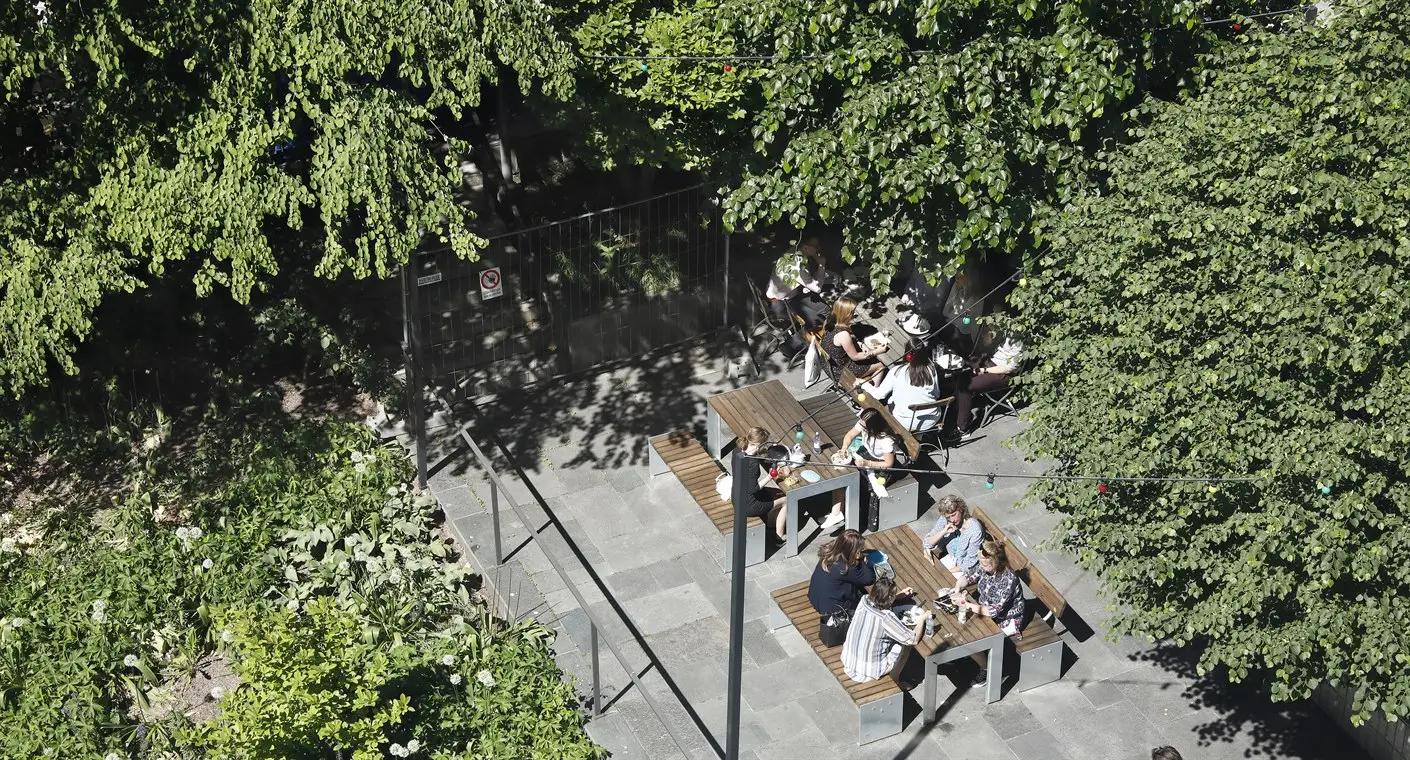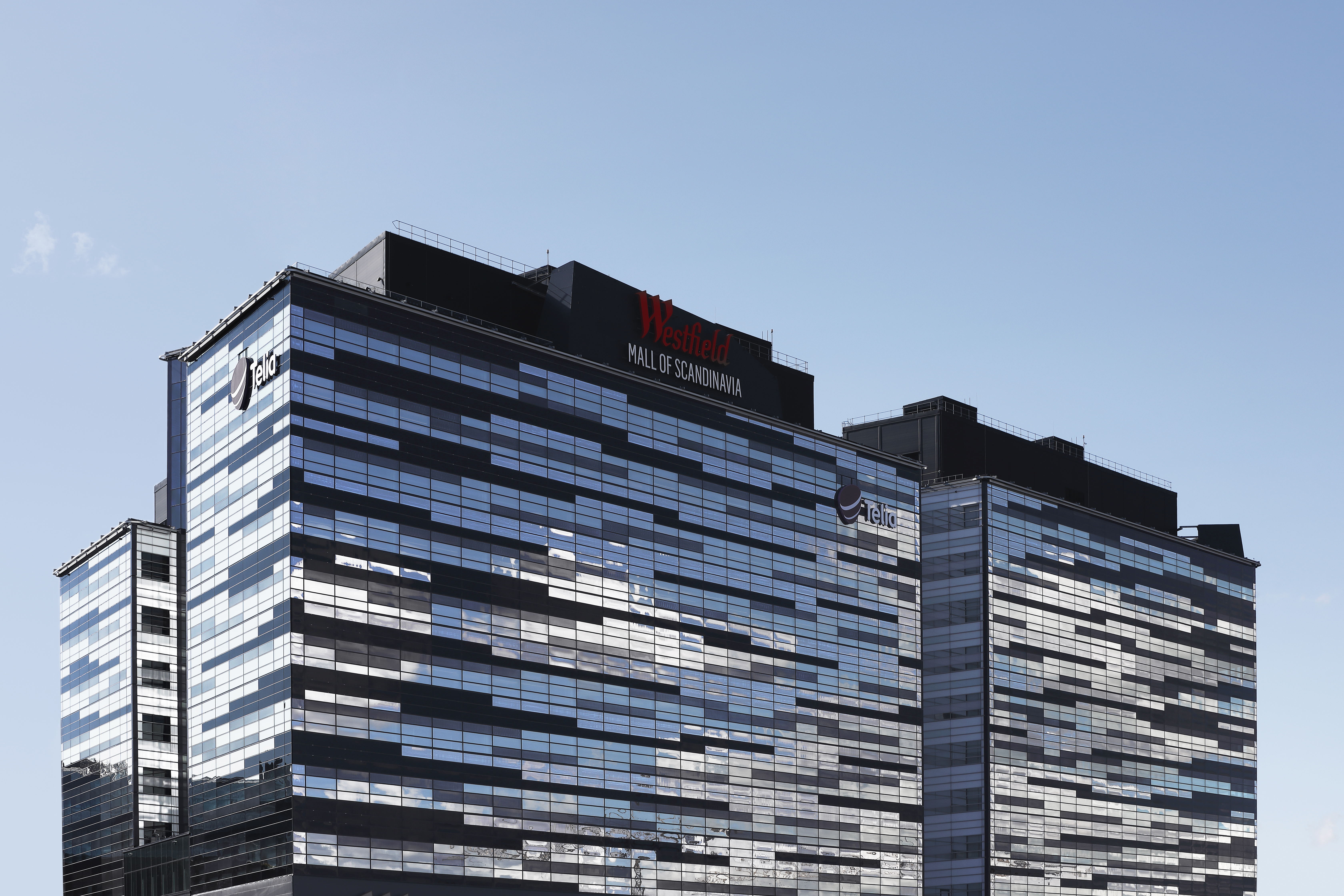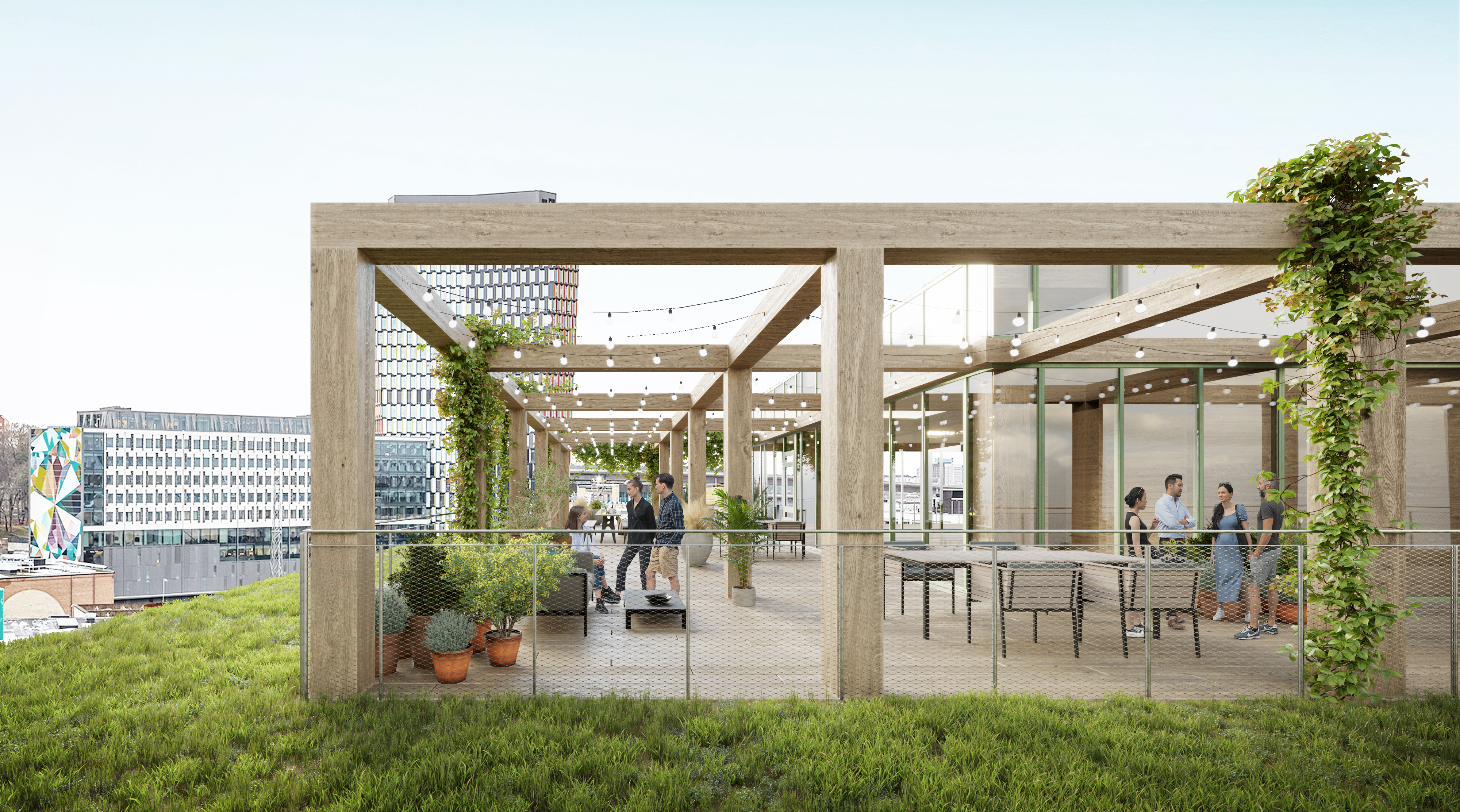Activity based offices, social spaces, reusing equipment and the focus on health are just a few of the significant trends we’re currently seeing in office design and the working environment.
An increasing number of companies are demanding activity based offices, which should be constantly evolving and feel like a second home. Creating an activity based office is a strategic management issue that requires conscious and purposeful change work with regard to culture, working practices and technology. It doesn’t suit everyone, but companies that are implementing the entire process have much to gain.
“Nowadays it’s important to create an appealing workplace where employees are content, but also an office that attracts new staff. Premises need to be adapted to the company’s business. You can’t copy someone else’s concept; you have to find your own solution. The importance of spontaneous meetings between colleagues is something you have to consider, but also the need for individual rooms and quiet zones to provide opportunities for focused, productive work,” says Désirée Walkenström, Letting Manager at Fabege.




